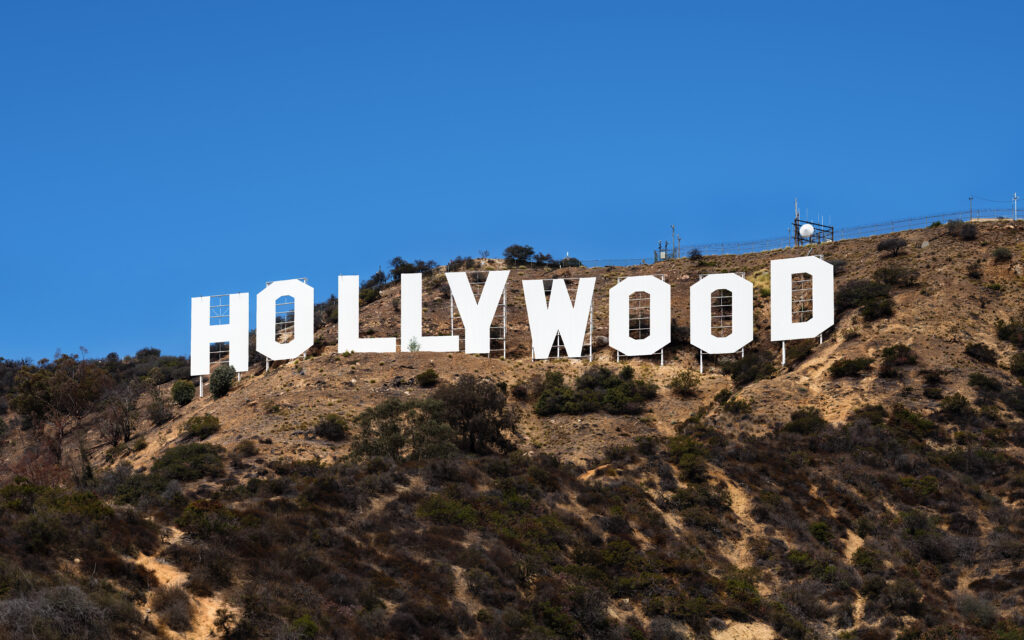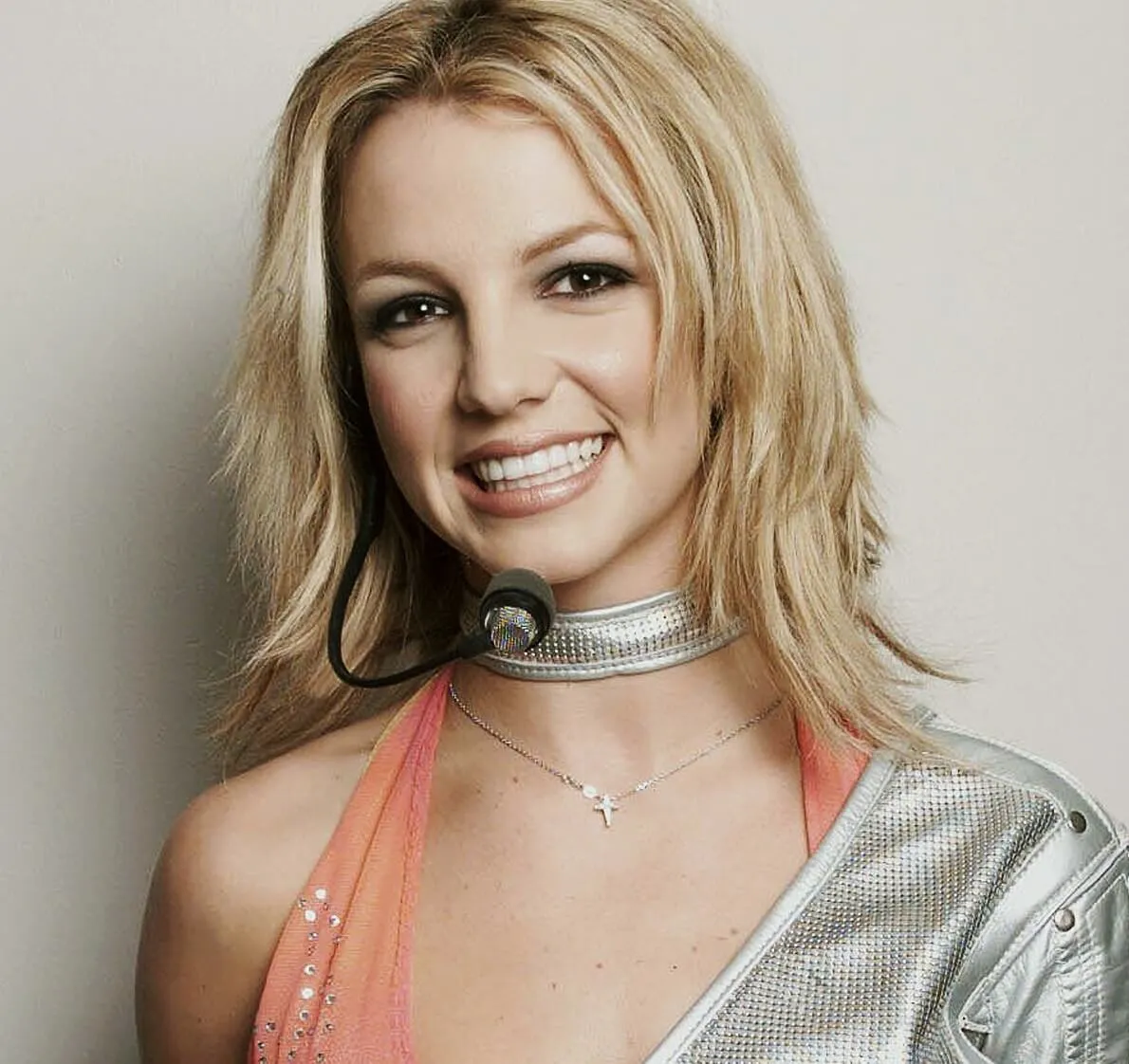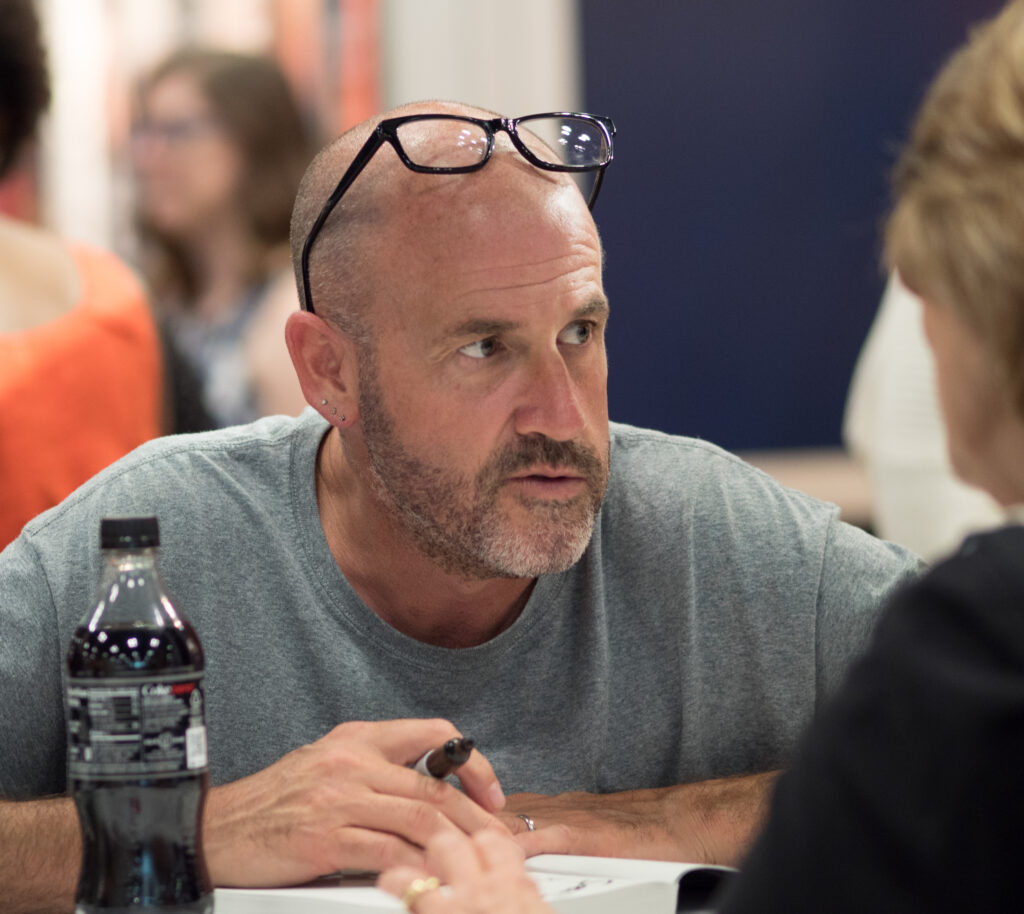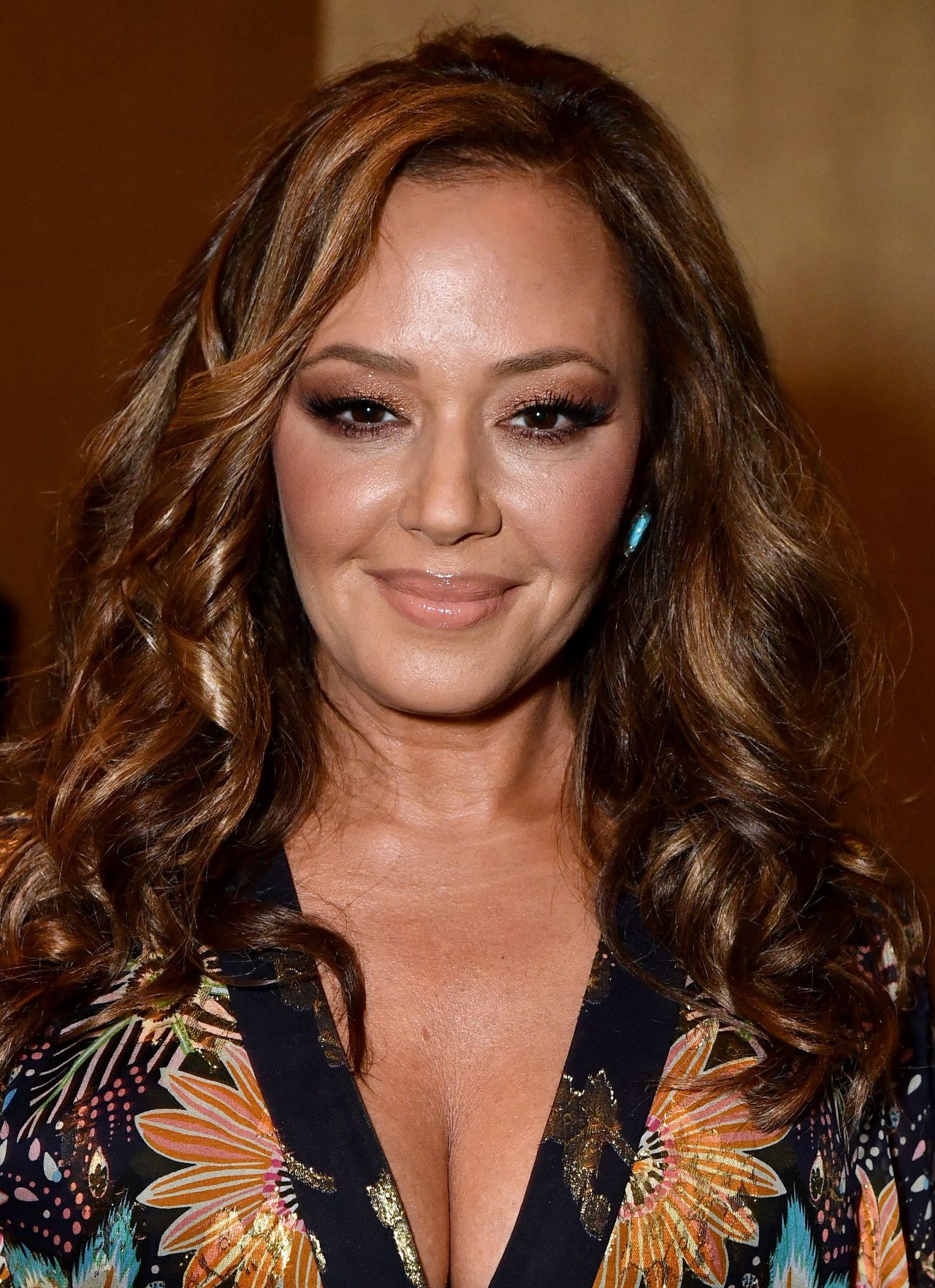
Almost monthly, it seems, we’re hit with a new announcement: another celebrity, from across the vast spectrum of relevancy, is releasing a tell-all autobiography, promising never-before-seen insights into their lives. From royals lifting the lid on normally secretive palaces to Hollywood legends sharing tales of feuds and affairs, these books consistently compel readers worldwide, propelling them onto the New York Times Best Sellers list with an almost gravitational force. We find ourselves asking, what is it about these celebrity memoirs that so captivates us, often igniting public debate and even outright controversy?
Is it because we genuinely care about the day-to-day lives of the lawyers from infamous trials or the actors from our favorite ’90s sitcoms? Or is our investment much deeper, rooted in a fascination with where public figures like Prince Harry have been since their (not so) private time away from the spotlight? Perhaps we’re secretly hoping to open a random page and discover a hidden family recipe for the perfect medium-rare steak, or some other triviality that makes them relatable.
More likely, the relentless coverage on social media and by traditional media outlets has, for years, shaped real people into compelling characters. Now, these individuals are taking their stories into their own hands, drawing direct links between their authentic selves and the public personas we’ve come to know. In recent years, memoirs like Prince Harry’s “Spare” and Jennette McCurdy’s “I’m Glad my Mom Died” swiftly flew off the shelves, not in spite of their celebrity status, but precisely because of it. Why wouldn’t we be interested in the intimate gossip and intricate details of the lives of people who’ve performed for us, in front of screens big and small, for as long as we can remember?

1. **The Irresistible Pull of Celebrity Truths: Why We Pre-Order These Tell-Alls**
The phenomenon of celebrity memoirs isn’t just about idle curiosity; it’s a profound commentary on our collective relationship with fame, authenticity, and narrative control. These aren’t merely “cash grabs”; many hold “profound commentaries on the societal expectations on their personal identities or provide tales of success and failure, offering their audience a chance to value the lives they live.” In these stories, celebrity authors courageously lay bare parts of themselves, and in doing so, reveal a part of us in the process. They illuminate the unpredictable paths life can take, regardless of one’s origin, and provocatively suggest that gaining success and privilege might not always be the ultimate end goal.
These narratives often expose the paradox of public life, where visibility can lead to both adoration and profound vulnerability. When celebrities, who are increasingly reclusive and only show themselves “to their fanbase on social media or in rare interviews, only on their own terms,” decide to publish a memoir, it feels like an unprecedented opening. We’re invited behind the carefully curated façade, to witness a more unfiltered truth that often exists separately from the real-life person we think we know. It’s a journey into the unexpected, offering a glimpse into the person that doesn’t quite exist in the public imagination, often leading to unexpected revelations that shock and resonate.
Consider this a cautionary tale of sorts, next time you’re about to purchase a memoir online or at a local bookstore. Take a double look at that cover. What really draws you to their story? Is it the promise of gossip, or the hope for genuine connection? It is the chance to glimpse the “places that life will take you regardless of your origin” or to learn “how gaining success and privilege might not be the best end goal.” These memoirs, while inherently tied to the allure of celebrity, often transcend the superficial, offering rich tapestries of human experience that challenge our preconceptions and provide fertile ground for public discourse.

2. **Counter-Narratives as Resistance: How Memoirs Challenge Established Stories**
That we have gotten it wrong about women is, as the context points out, “at this point, a culturally accepted truth.” The feminist project, in its diverse forms, consistently pushes back against dominant narratives that dictate “who women are, what they’re capable of, and where they do and do not belong.” In this ongoing struggle, the counter-narrative emerges as a potent “key tool of resistance,” a mechanism for rewriting history and challenging ingrained perceptions. It’s how we’ve moved from Freud’s conception of hysteria to a critique of patriarchal conditions, or transformed “rumors about s into survival-gossip about harmful men.”
These counter-narratives have been instrumental in our societal evolution, helping us collectively understand that we were wrong about figures like Monica Lewinsky, Tonya Harding, and Lorena Bobbitt. They were the very fuel behind powerful movements such as #TimesUp, founded by Tarana Burke to amplify the voices of women and people of color experiencing workplace harm, and #MeToo, popularized by famous actresses speaking out about ual assault in Hollywood. Celebrity memoirs, particularly those from women who have been the subject of intense public scrutiny, fit squarely into this tradition, offering vital new perspectives that reshape our understanding of their pasts and, by extension, our own cultural history.
Critical celebrity scholar and journalist Anne Helen Petersen aptly argues in *Too Fat, Too Slutty, Too Loud: The Rise and Reign of the Unruly Woman* that “celebrities are our most visible and binding embodiments of ideology at work.” We glean significant insights into our cultural values through the media’s portrayal of famous individuals, from their movies to their music. However, a deeper, often more unsettling truth can be found by listening to what these celebrities reveal about what was “happening behind the scenes,” especially when they are “on a mission to right the perceptions of a culture that has wronged them.” This is where the true power and controversy of these memoirs often lie, as they force us to confront uncomfortable truths about how we’ve judged and misjudged.

3. **Britney Spears: The Woman in Me – Unpacking a ‘Nightmarish Fairy Tale’ and the Trauma of Conservatorship**
Britney Spears’s memoir, *The Woman in Me*, despite its many overlaps with other celebrity stories, stands out as “a bit of an outlier.” Dubbed “a nightmarish fairy tale” by a *New Yorker* critic and positioned by writer T. Kira Madden to be taught alongside Shakespeare’s greatest tragedies, the book unfolds as a story of gothic horror. Yet, it’s delivered with “the kind of soft and silly energy we’ve come to expect from Spears,” as narrated by ghostwriter Sam Lansky. This jarring “juxtaposition is disorienting and gutting sometimes,” creating a unique and deeply impactful reading experience that immediately sparked widespread public discussion and sympathy.
Spears’s narrative chillingly begins with her childhood, mirroring Pamela Anderson’s connection to nature, but quickly introduces a dark family legacy. We learn about her father, Jamie, through the description of his own father, June, a man who “institutionalized two wives, one of whom—after a bout of forced lithium usage and a miscarriage—died by suicide.” This “foreshadowing is bone chilling,” setting the stage for Jamie’s own actions decades later, when he himself “institutionalizes and drugs her.” The book starkly exposes the “exploitation she felt from her family,” detailing how her father, during the conservatorship that began in 2007, controlled “everything from her finances to her use of birth control.”
The conservatorship stories themselves are presented “like a fog. Hazy.” Spears recounts horrific details: years of being allowed only “grilled chicken and canned (canned!) vegetables,” “no access to her bank account,” numerous “psych wards,” accusations of “energy supplement addiction,” and boyfriends seemingly “selected by her parents.” One particularly chilling scene describes her being “tricked into going to a home with a SWAT team waiting for her,” and forced Vegas residencies while she begged for time off with her sons. The ultimate indignity came when her father took over her desk space, a defiant act of showing she could manage her affairs, and proclaimed: “I’m Britney Spears now.” Lansky, through a voice that evokes “an undeniable innocence, but without infantilizing her,” masterfully amplifies “Spears’s autonomy,” crafting the story of a capable adult grappling with severe CPTSD and the devastating effects of a stolen childhood.

4. **Pamela Anderson: Love, Pamela – A Nuanced Reclamation of Narrative Amidst Abuse and Activism**
Pamela Anderson’s *Love, Pamela* is distinguished by its “most skillful and interestingly crafted” prose, a testament to her writing it without a ghostwriter. Her work could easily find its place within the burgeoning ‘autotheory’ canon, reflecting her broad intellectual curiosity, as she is a self-professed reader of figures from Joseph Campbell to Pablo Neruda. This informs her unique understanding of her own life, which she recounts in a relatively linear fashion, punctuated by abstract poetry. The memoir begins with her childhood on Vancouver Island, where she describes it as being “formed by a volcano 150 million years ago, and First Nations people lived there thousands of years before Columbus set foot on the island. You can’t ‘discover’ a land where people already live in. History is often rewritten to create heroes out of monsters. Or vice versa. The truth always comes to the surface, eventually.”
The inclusion of this historical context serves a dual purpose, early in the book, it “becomes a method… of revealing Anderson’s left-leaning (though somewhat incoherent) politics.” Simultaneously, it cleverly “sets up a parallel to her own rewriting of history.” While acknowledging it’s “bold and problematic to use a history of colonization as a bridge to reclaim her narrative as an inarguably aggrieved white woman,” the messiness of this approach also sparks vital questions “about the role of land acknowledgments, and the role of celebrities using (or not using) their platform to engage social issues.” Anderson’s raw honesty about her past, including ual molestation by a babysitter and later rape at twelve, anchors her story in profound personal trauma.
Her adult romantic relationships, “with very few exceptions,” involved “some level of abuse by men,” from a boyfriend throwing forks to Kid Rock ripping her dress and Tommy Lee assaulting her in front of their children. The infamous stolen tape led to “humiliating and degrading depositions” where lawyers callously told her she “had no right to privacy because I’d appeared in Playboy.” They subjected her to “invasive question after invasive question—about my body, sexual positions, sexual preferences, locations I had sex in—and suggestions that I probably liked the attention.” Despite these profound harms, Anderson’s emotional responses are complex and defy easy categorization. She expresses anger at her father’s abuse but also “deeply compassionate” understanding of his trauma. For other severe abuses, she writes with a “truncation that is relatable,” telling us quickly without lingering. She oscillates between “neutrality, heartbreak, and even humor” when discussing her boyfriends and husbands, even writing “Boys will be boys” after a brawl between Tommy Lee and Kid Rock. What truly hurts her, she reveals, is specific and unique—losing Tommy even after his cruelty, the media’s suggestion she was “asking for it,” and the pain of divorce. She finds solace in nature, literature, and passionate activist work, from PETA to advocating for Julian Assange. But it is her role as a mother that she takes “most seriously,” filling the pages with “potent warmth” when describing her sons, cementing her memoir as a multifaceted exploration of resilience and self-definition.

5. **Julia Fox: Down the Drain – The Raw, Unvarnished Truth of Trauma, Addiction, and ‘Everything’**
Julia Fox’s memoir, *Down the Drain*, much like Anderson’s, fearlessly recounts “intense details of harm,” presenting a stark and unfiltered narrative that challenges conventional expectations of celebrity confessionals. Born in Italy and raised primarily in New York City, Fox paints a picture of severe parental neglect, beginning with being “locked in a bedroom while her father went to work” at age four, forced to use “the cat litter box to relieve herself.” She describes her mother as either “absent or, when she was around, cruel and without boundaries,” laying a foundation for a life marked by instability and a relentless search for self.
Her romantic relationships are largely portrayed as “mostly horrifically abusive.” She recounts being “kidnapped by one drug dealing boyfriend who also cheats on her, beats her up, stalks her, and drives her to a suicide attempt.” Subsequent relationships echo this pattern, involving men who are “physically and emotionally violent, coercive, and controlling,” often sharing her problematic relationship with drugs and alcohol. Unlike Anderson, Fox actively “fights back against them, verbally and physically,” though sometimes she notes “shared trauma as the foundation for the violence.” Still, like Anderson, she often describes these events with a kind of “shrug,” a detached observation that only amplifies the sheer volume of her experiences. Her “healthiest” relationship detailed in the book is arguably with a married Sugar Daddy, who finances a loft for her and her “chosen family” of friends.
Fox’s brief, high-profile relationship with Kanye West—whom she refers to as “the artist” likely due to NDA requirements—occupies surprisingly “very little space in the book.” While not violent, it was controlling, with Kanye seemingly showing affection only “when the cameras were on them,” dictating her attire, and turning her birthday into a “photo op,” treating her, as she recalls, like “a show monkey.” Yet, she wasn’t in love with him, and the bizarre affair ended with considerably “less anguish than most of Fox’s other romances.” Fox notably “does not bring a great deal of hindsight to her story,” a stylistic choice that makes the memoir feel immediate and raw. She tells us “everything,” or writes in a way that *feels* like everything, from descriptions of heroin, cocaine, and blackout nights in New York clubs, to casual mentions of working as a dominatrix, specific details of orgasms, and various instances of criminal activity, including her father’s habit of occupying vacationing rich clients’ homes. Her prose is “richly descriptive and, honestly, not so bad,” making for a compelling, albeit salacious, read that offers glimpses of “radical political analysis” in between the personal chaos.
6. **The Unruly Woman and Cultural Values: How These Memoirs Embody and Challenge Societal Ideologies**
These contemporary memoirs, particularly those from Pamela Anderson, Julia Fox, and Britney Spears, arrive at a culturally significant juncture, forcing us to confront how we view women and celebrity. As Anne Helen Petersen asserts, “celebrities are our most visible and binding embodiments of ideology at work.” Through their public personas and, now, their unfiltered life stories, we gain profound insights into our evolving cultural values. These three women, despite their different generations, entertainment fields, and celebrity strata, share striking commonalities: white, low-income family backgrounds, careers inextricably linked to their uality, single motherhood, and fame derived partly from relationships with famous men. Crucially, all three have been “terribly heartbroken and harmed,” and their narratives, whether written personally or with a ghostwriter, offer “a kind of empathy and specificity that… provides a necessary addition to the feminist canon.”
These memoirs are released into the “fractured afterglow of egregious ’90s and early-00’s media abuse and the current internet meme culture of making jokes out of women who seem like easy targets.” While there is a “seemingly collective remorse for the treatment of women” in society, these books uniquely illuminate “some of our culture’s most persistently problematic approaches to and sexuality.” What is particularly striking is their demand for complexity. Feminists, the context notes, often seek “easy solutions” or “easy blueprints to identify harm.” However, these stories push back, demonstrating that “we cannot make blanket statements about what is and isn’t sexually harmful if we do not take into account the particularity of individuals’ triggers and attachments.”
Anderson, Fox, and Spears collectively present “a glimpse at a working-class-raised femininity that is in some ways always-already hyperual.” While their whiteness undoubtedly “mitigates the consequences of this”—acknowledging that “Black women celebrities, and certainly Black women who are not famous face far worse”—they still exhibit “a freeness with their sexuality that we don’t necessarily see from famous women who are understood to be classier.” Crucially, these women demonstrate a nuanced form of agency, not the simplistic “#GirlBoss feminism” (though Spears does parrot that hashtag), but one where they are “eager to be sexual beings in private and public.” Ultimately, their stories underscore a profound truth: when it comes to understanding celebrity, trauma, and societal expectations, it’s complicated.
7. **Amy Griffin – “The Tell”: The Contentious Terrain of Recovered Memories**
Few things ignite public discourse quite like a personal narrative that challenges our understanding of truth, and Amy Griffin’s memoir, *The Tell*, is a prime example of this phenomenon. Propelled by an unprecedented joint promotion from Oprah Winfrey, Reese Witherspoon, and Jenna Bush Hager, the book swiftly entered the public consciousness. Its central premise involved Griffin’s journey through MDMA-assisted therapy, where she claimed to have uncovered deeply buried memories of alleged childhood abuse by a teacher. This immediately set the stage for a compelling, if controversial, exploration of trauma and healing.
Oprah Winfrey, who chose *The Tell* as her March 2025 book club pick, was “floored” by Griffin’s story, noting, “What she discovered about herself, about her past made me recognize how powerful the desire to forget is and also how powerful the desire to remember is.” Griffin herself described on Winfrey’s podcast how this therapy led her to the “secret that I discovered was the idea that I had been, for many years, abused in the school bathroom by a teacher.” Driven by a desire for accountability, she pursued a criminal investigation, though the statute of limitations had already expired.
However, the narrative soon encountered turbulence when a *New York Times* investigation raised significant questions about Griffin’s claims. The report, based on interviews with dozens of people in Amarillo where Griffin attended school, noted that despite the book’s publicity, no other students came forward with similar allegations against the specific teacher she named. This unexpected silence surprised both the detective Griffin consulted and a local victim advocacy counselor; experts typically expect prominent disclosures to encourage other survivors. This lack of independent corroboration immediately reignited a long-standing debate within the psychological community regarding the validity of “repressed” or “recovered” memories, particularly those emerging from therapeutic contexts like psychedelic-assisted treatment.
Clinical psychologist Jim Hopper, an expert on trauma and memory, prefers the term “delayed recall” to describe how stress can cause survivors to deeply store traumatic memories, which may only resurface later under specific “context and cues.” While acknowledging that some patients might falsely believe they’re remembering something that didn’t occur, Hopper also emphasizes having seen many cases that were independently corroborated. He suggests that a safe therapy setting, focused on exploring unresolved trauma, could indeed provide the right environment for such recall. Ultimately, *The Tell* highlights the complex interplay between memory, trauma, and public validation, and challenging how we weigh subjective experience against objective proof.

8. **James Frey – “A Million Little Pieces”: The Shifting Sands of Authenticity**
Amy Griffin’s *The Tell* saga isn’t Oprah’s first rodeo when it comes to memoirs igniting heated discussions about truth and authenticity. Rewind to 2005, and you’ll find another seismic event in literary circles: James Frey’s *A Million Little Pieces*. This raw, unflinching account of addiction, recovery, and criminal history captivated readers and, crucially, garnered Oprah’s coveted book club endorsement, skyrocketing it to bestseller status. It was lauded as a harrowing, honest portrayal of hitting rock bottom and fighting one’s way back.
But the literary world, much like the entertainment industry, often operates on a fragile trust between author and reader. Frey’s credibility began to unravel when *The Smoking Gun* exposed significant fabrications within his narrative. Details about his drug addiction, criminal history, and time in rehab were found to be exaggerated or entirely invented. This revelation sent shockwaves through publishing, landing Frey squarely in the crosshairs of Oprah Winfrey.
In an unprecedented television confrontation, Winfrey publicly challenged Frey and his publisher, leading to a searing on-air apology. This moment became a cultural touchstone, cementing the public’s expectation for factual accuracy in memoirs, even if the genre inherently thrives on subjective experience. The fallout was immense; Frey was largely outcast from literary fame, demonstrating the severe consequences when an author’s “truth” is revealed to be less than authentic.
Even years later, the wounds of *A Million Little Pieces* lingered. Though Winfrey later apologized in 2011 for being “too harsh” and the two famously “hugged it out” on air, Frey revealed in a *New York Times* interview published in June that he hadn’t forgiven her and was “still angry.” This enduring animosity underscores the deep personal and professional stakes involved when a memoir’s authenticity is questioned, transforming a personal story into a public controversy that challenges the very definition of narrative truth and its impact on both author and audience.

9. **Jennette McCurdy – “I’m Glad My Mom Died”: The Raw Reckoning of a Child Star**
Some memoir titles alone spark immediate controversy and demand attention; Jennette McCurdy’s *I’m Glad My Mom Died* perfectly embodies this audacious approach. As an actress best known for her roles in popular children’s shows *iCarly* and *Sam & Cat*, McCurdy was, for many, a familiar and beloved face from their screen-filled childhoods. Yet, her memoir shattered any illusions of a picture-perfect upbringing, offering a brutally honest and deeply moving account of the often-dark reality behind child stardom.
The book delves headfirst into the profound struggles she endured, meticulously detailing her battles with eating disorders, addiction, and, most centrally, a deeply complicated and often abusive relationship with her “ultimate pushy stage mother.” McCurdy’s narrative sheds light on the immense pressures placed upon young performers, the blurring of boundaries between parent and manager, and the devastating psychological toll of living a life dictated by others’ ambitions. It serves as a stark counter-narrative to Hollywood’s glamorous facade, revealing the true cost of fame for those thrust into the spotlight early.
*I’m Glad My Mom Died* swiftly resonated with a broad audience, including those who had experienced similar familial pressures or recognized the toxic dynamics she so vividly described. It offered a voice to the voiceless, validating the pain of those who have navigated the complex terrain of parental control and the unique burdens of child fame. The controversy here wasn’t about factual disputes, but rather the sheer discomfort some felt with the title and its unflinching honesty about a culturally taboo subject: the complicated grief, and even resentment, that can arise from a traumatic upbringing.
McCurdy’s willingness to expose these vulnerabilities and challenge the romanticized notions of celebrity childhoods made her memoir a powerful addition to the growing canon of tell-alls that deconstruct the industry. It’s a testament to the idea that some stories, even if unsettling, need to be told, not just for personal catharsis but for a collective reckoning with the often-unseen consequences of a system that can exploit its youngest talents. Her book became a beacon for conversations about mental health, child exploitation in entertainment, and the right to reclaim one’s narrative, even if it means dismantling deeply ingrained societal expectations.
Read more about: Jennette McCurdy’s Candid Revelations: Unpacking Her Complex Relationship with Ariana Grande

10. **Drew Barrymore – “Little Girl Lost”: Navigating Childhood Fame and Trauma**
Continuing our exploration of child star struggles, Drew Barrymore’s *Little Girl Lost* offers another poignant, startling perspective on Hollywood’s dark side. Barrymore, who famously burst onto the big screen at the tender age of seven in Steven Spielberg’s *E.T. the Extra-Terrestrial*, has lived almost her entire life under the intense glare of public scrutiny. Her early memoir, published when she was still very young, was one of the first truly candid glimpses into the chaos and dysfunction that can accompany precocious fame.
*Little Girl Lost* didn’t hold back, laying bare the deeply unsettling experiences of a child navigating a grown-up world with virtually no guidance. One of the most shocking revelations involved her first encounter with drugs at an incredibly young age. She recounts, “When I was ten and a half I was sitting in the back seat of a car driven by a friend’s mother. She started smoking pot. I’d wanted to try marijuana for a long time, but I was afraid that if I asked, she’d say, ‘No way, Drew. You’re too young.’ However, she offered me some and I said, ‘Sure, I’ll try it.'”
Barrymore’s memoir, like McCurdy’s, brought into sharp focus the precarious reality of growing up famous. It wasn’t a story of overnight success leading to a fairytale life, but rather a cautionary tale of innocence lost amidst adult parties, addiction, and a desperate search for belonging. Her experiences underscored the systemic failures to safeguard child actors, revealing a cycle of vulnerability and exploitation that often goes unaddressed until years later.
The controversy surrounding *Little Girl Lost* stemmed not from its veracity, but from the raw, almost unbelievable details of a child’s life spiraling out of control. It forced audiences to confront the uncomfortable truth that the charming, talented child they saw on screen was battling profound personal demons. Her narrative became a significant touchstone in discussions about parental responsibility, the pressures of fame, and the long-term psychological impact of an unconventional childhood, echoing and amplifying the themes of resilience and recovery found in other celebrity tell-alls.

11. **Leah Remini – “Troublemaker”: Challenging Institutional Power and the Fabric of Faith**
Shifting gears from personal trauma and child stardom, some celebrity memoirs achieve notoriety by daring to challenge powerful, often secretive, institutions. Leah Remini’s *Troublemaker* stands as a definitive example, turning her personal narrative into a potent weapon against the Church of Scientology. Best known for her beloved role in the hit sitcom *King of Queens*, Remini transcended her comedic persona to become a pivotal, and highly controversial, voice speaking out against the religion she once fiercely defended.
Her memoir, published after her high-profile departure from Scientology, made several shocking accusations against the organization and some of its most famous adherents, including the undeniably influential Tom Cruise. Remini offered an insider’s account, peeling back the layers of secrecy that often shroud the church’s practices and internal dynamics. Her unflinching revelations provided a rare, unvarnished look at a world many outsiders only speculate about, immediately igniting fervent debate and drawing intense support and fierce condemnation.
One particularly incendiary passage involved a candid conversation with Cruise’s children. Remini recounts driving to the airport with Bella and Connor Cruise and, seizing a rare moment alone, asked them about their relationship with their mother, Nicole Kidman. Bella’s response, “Not if I have a choice,” followed by the claim that “Our mom is a f—king SP,” sent shockwaves through the celebrity news cycle and beyond. “SP,” or “Suppressive Person,” is a Scientologist term for an individual deemed an enemy of the church, and the implication that children were being encouraged to distance themselves from a parent due to their religious status was deeply unsettling to many.
*Troublemaker* thus became far more than just a celebrity’s personal story; it was a direct challenge to the perceived authority and practices of a powerful, global institution. Remini’s memoir sparked widespread discussions about religious freedom, cult dynamics, and the ethical responsibilities of those in positions of power, especially within faith-based organizations. Her courage in speaking out, despite likely repercussions, positioned *Troublemaker* as a significant work that pushed beyond mere gossip to engage with fundamental questions of truth, coercion, and the right to dissent, making it a truly impactful and contentious contribution to the memoir landscape.
**The Enduring Power of the Unvarnished Truth**
From the nuanced reclamations of narrative by women like Pamela Anderson and Britney Spears to the raw reckonings of child stars like Jennette McCurdy and Drew Barrymore, and the courageous challenges to institutional power exemplified by Leah Remini, celebrity memoirs continue to captivate, provoke, and, crucially, transform our collective understanding of fame, truth, and human resilience. They are not merely chronicles of the rich and famous; they are mirrors reflecting our own societal values, biases, and evolving capacities for empathy. Each published page, each startling revelation, contributes to an ever-expanding dialogue about who tells their story, how it’s received, and its profound impact on individuals and the broader cultural landscape. These books, for all their controversies, remind us that beneath the gloss and glamour, there are real people with complex histories, demanding to be heard on their own terms, continually reshaping the very fabric of our shared narratives.




